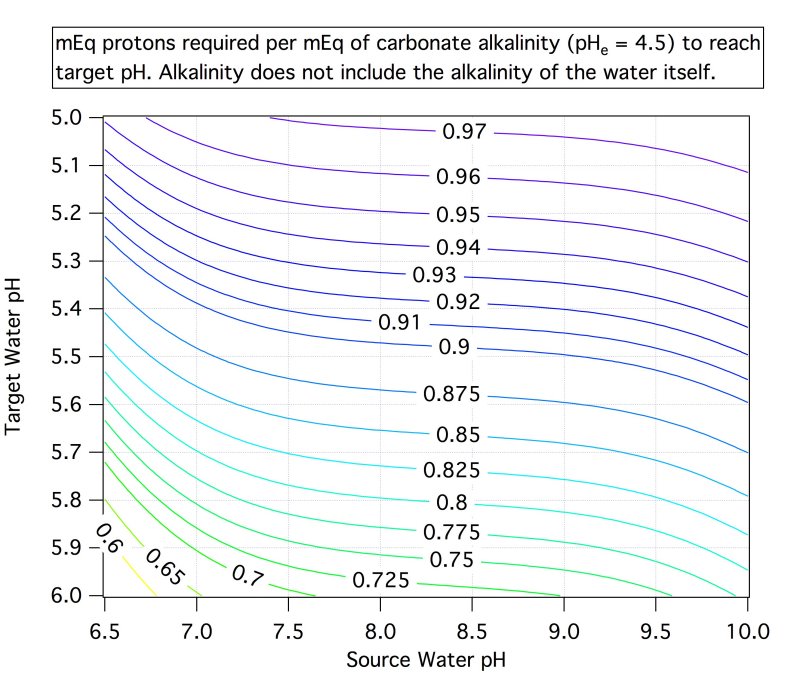Hello all,
After brewing for awhile, I've finally decided to pay attention to water. I had my water tested by Ward Labs, and here were the results:
pH 9.6
TDS 196
Sodium 23
Potassium 5
Calcium 24
Magnesium 8
Total Hardness as CaCO3 93
Nitrate 1.2
Sulfate 25
Chloride 16
Carbonate 8.5
Bicarbonate 40
Total Alkalinity 47
Phosphorus .16
Iron .01
At first blush, my problems seem to be high Sodium and high Bicarbonate.
I'm fiddling with Bru'n water, and looking to brew a rather light colored IPA, Northeast US style.
Based on the rather high pH of my water, I was intending on treating my mash/sparge water.
Are these high sodium/bicarbonate issues serious enough that I need to address them by diluting with RO/distilled water? I'm still learning and researching here, water is a tough subject to wrap your head around.
After brewing for awhile, I've finally decided to pay attention to water. I had my water tested by Ward Labs, and here were the results:
pH 9.6
TDS 196
Sodium 23
Potassium 5
Calcium 24
Magnesium 8
Total Hardness as CaCO3 93
Nitrate 1.2
Sulfate 25
Chloride 16
Carbonate 8.5
Bicarbonate 40
Total Alkalinity 47
Phosphorus .16
Iron .01
At first blush, my problems seem to be high Sodium and high Bicarbonate.
I'm fiddling with Bru'n water, and looking to brew a rather light colored IPA, Northeast US style.
Based on the rather high pH of my water, I was intending on treating my mash/sparge water.
Are these high sodium/bicarbonate issues serious enough that I need to address them by diluting with RO/distilled water? I'm still learning and researching here, water is a tough subject to wrap your head around.





